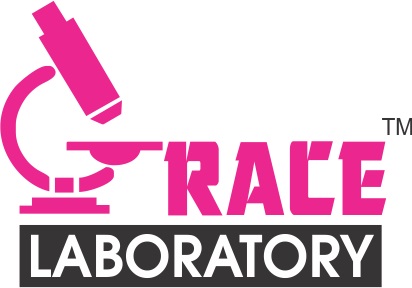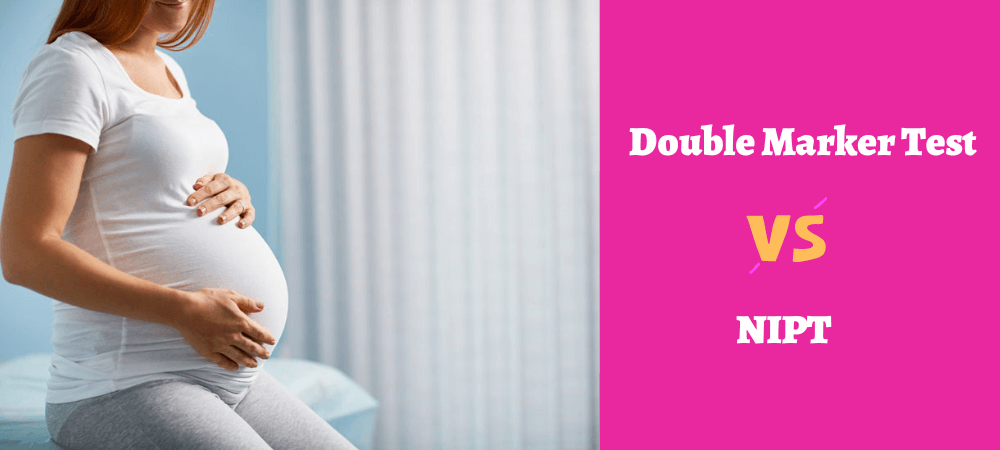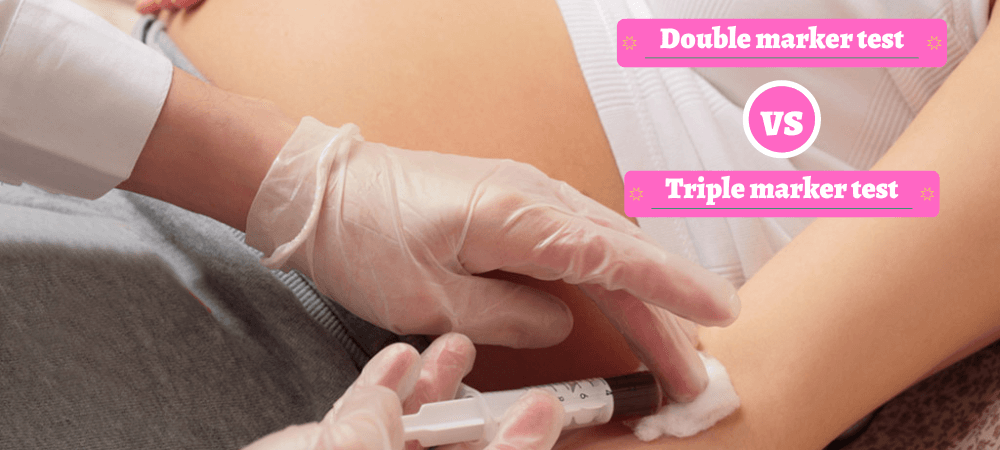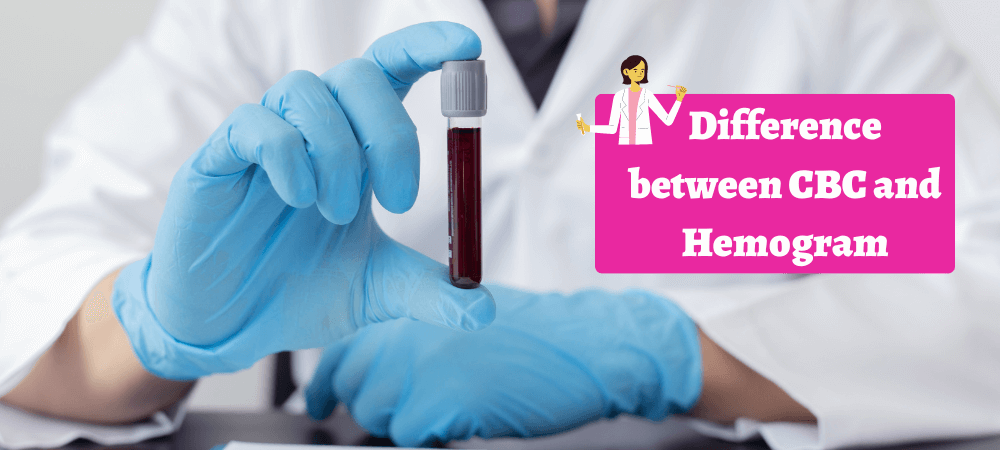Double marker test or NIPT (Non-invasive prenatal test) – these terms are not new to women who have had babies. But many women will relate to their confusion when choosing between these two tests. Mainly those women who are becoming mothers for the first time or have had certain family medical histories. This article discusses both the double marker test and the NIPT test. And by this article’s end, you will no longer be confused.
What is the Double Marker Test?
A double marker test is a diagnostic tool that analyzes the given blood for specific chromosomal abnormalities. It is a part of comprehensive screening known as first trimester screening. It is believed to report the likelihood of chromosomal abnormalities.
Specifically, it is a blood test in pregnancy and checks for the levels of beta-hCG and A(PAAP-A). A normal pregnancy generally has either 22 pairs of XX chromosomes in female fetuses or 22 pairs of XY chromosomes in male fetuses.
And then there is trisomy – a chromosomal condition; which has the following extra chromosomes:
- Down Syndrome: As it has an extra copy of chromosome 21, it is also known as trisomy 21.
- Trisomy 18 and trisomy 13: these abnormalities involve an extra copy of chromosome 18 or 13, also known as Edward’s syndrome or patau’s syndrome, respectively.
Pregnancies with these chromosomal abnormalities will have higher or lesser beta-hCG and A(PAAP-A) levels than “normal.”
A double marker test during pregnancy is not mandatory. However, it is recommended if you are above the age of 35 or if you have a family history of certain conditions.
What is NIPT (Non-invasive prenatal test)?
Like the double marker test, NIPT also checks for down syndrome or other types of chromosomal abnormalities in the first trimester of pregnancy. After some of the baby’s DNA passes into the mother’s bloodstream during pregnancy. The genetic information contained in this DNA is then examined to screen for the number of abnormalities using the NIPT test.
It is safe and effective to screen for the following conditions:
- Down syndrome
- Edward’s syndrome
- Patau’s syndrome
- Turner syndrome
The NIPT test is very sensitive to Down syndrome and picks up more than 99% of cases of Down syndrome. But it can only tell you whether there is an increased risk of having a baby with abnormalities or not. You cannot have a definitive answer as it is just a screening test, not a diagnostic one. To confirm the possibility of down syndrome in a baby, your Obstetrician-gynecologist may ask you to undergo a diagnostic test.
Cost of the double marker test
To know the rate of the double marker test, you may call your hospital or lab to check if there are any payment plans or rebates. Although the test is not mandatory, one can cover it under their health insurance policy.
In conclusion, the double marker test and NIPT screen for any chromosomal abnormalities during the first trimester of pregnancy. For more information, visit us at Grace Laboratory.



